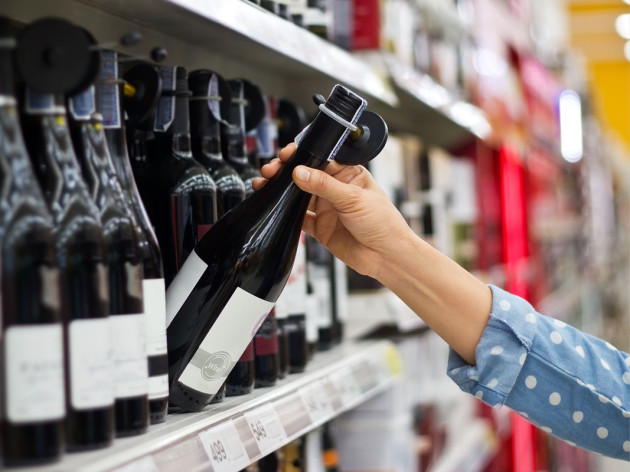
Drink brands still going strong despite rise of discounters
According to Kantar, food price inflation jumped to a record high of 14.7% in October, and these rising costs have coincided with a surge in sales for discount retailers like Aldi and Lidl.
For the fifth month in a row, Lidl was the fastest-growing grocer in October, pushing up its sales by 20.9% during the period.
Lidl was marginally ahead of rival Aldi whose sales rose by 20.7%. Its share of the market is now 7.1%, up from 6.2% last year while Aldi moved to 9.3% from 8%.
Meanwhile, sales of supermarket's own label lines continued to grow as consumers moved away from branded products. Own label sales increased by 8.1% in October, while branded items declined by 0.7%.
For long-established brands, these trends might be a concern. However, the outlook for supermarket alcohol sales is not so closely aligned with grocery spending in other categories.
For example, own-label grew its share of alcohol sales in grocers by just 0.1% in 12 weeks to 20 October (from 27.5% to 27.6%) compared to 2021, according to Kantar.
As for the discounters, branded alcohol has actually grown its percentage share of alcohol sales to 18.7% vs 17% in 2021.
Tom Miller, Amathus Drinks commercial director commented: “We haven’t noticed an increased demand for own-label products.
“In our eight Amathus Drinks stores and website, the demand for premium branded products has never been stronger. This is particularly evident on limited-release products, where demand outstrips supply many times over.”
Different propositions work for different consumers. Logistically, own-label requires a longer set-up time for the distributor because everything is done in-house. Ultimately, the brands with a clear identity and high consumer engagement through their own marketing strategies will continue to drive volume.
“It will be interesting to observe the future of own label products as the UK heads into a recession,” said Zippy Bąkowska, head of marketing at Enotria & Coe.
“If we compare to consumer buying patterns during Covid, when furlough and business closures meant that many people were on constrained budgets, we saw that consumers gravitated to trusted brands that were perceived to deliver reliable value, even if that wasn’t always at the lowest cost.”
Whether it's own label or branded wine, creating customer loyalty appears to be the biggest commodity in the BWS retail sector.
A more in-depth analysis of this feature will be available in the December edition of Harpers.





